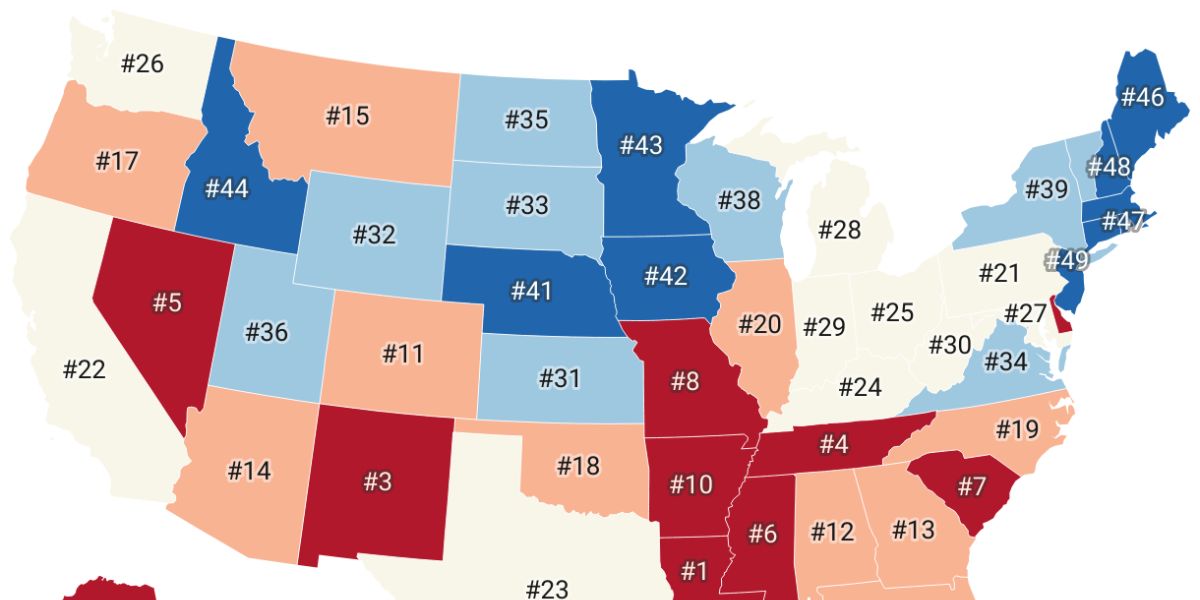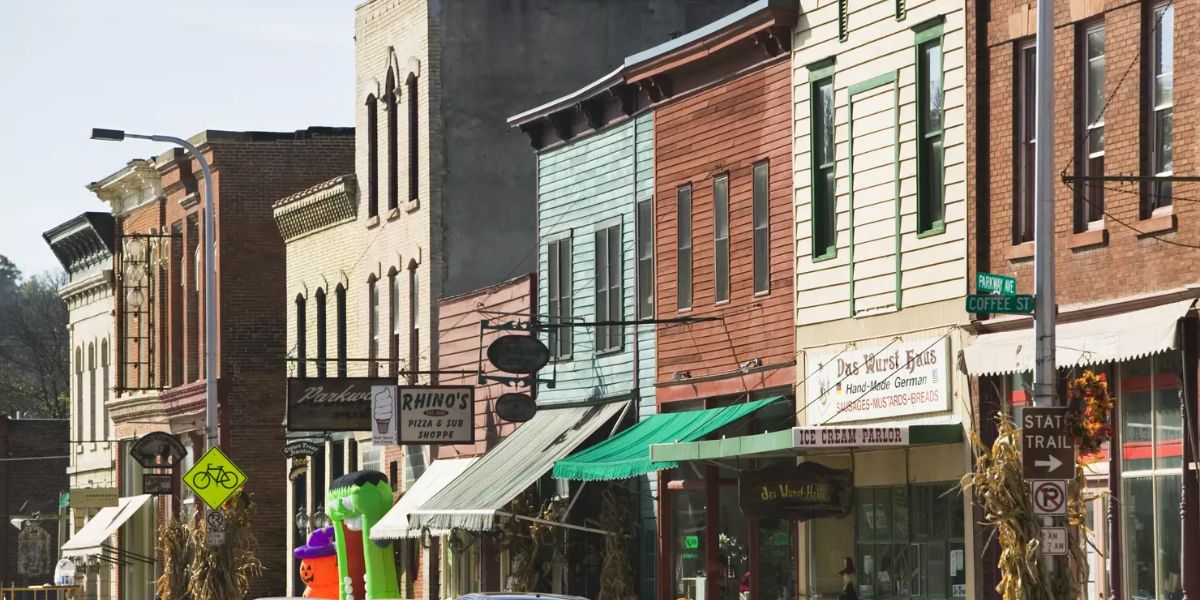Alaska, New Mexico, Tennessee, Nevada, and Louisiana will have high crime rates in 2024, ranking them among the most hazardous states in the United States. It is critical to exercise caution and consider security measures in these areas.
In contrast, states such as Maine, Vermont, New Hampshire, Idaho, and Wyoming have substantially lower crime rates. Due to variable safety levels, cautious planning is essential while visiting or relocating to places such as St. Louis, Detroit, Baltimore, Memphis, or Little Rock. Participating in community safety efforts and remaining informed can assist protect your safety.
1. Alaska
Alaska is well-known for its magnificent vistas and secluded wilderness, but it also has the highest per capita rate of violent crime in the country. Recent studies ascribe this worrisome trend to a variety of circumstances, including the state’s isolation, extensive substance misuse, and the scarcity of law enforcement resources in its numerous distant districts.
The combination of these factors produces a difficult environment for preserving public safety, emphasizing the importance of specialized interventions and support structures to address these specific concerns.
2. Arkansas
Arkansas, known for its natural beauty, faces a sobering reality: high crime rates, particularly in Little Rock. Several studies have linked these criminal issues to widespread poverty and educational gaps, highlighting the necessity for broad social interventions. Addressing these core reasons is critical for creating a safer environment, implying that expenditures in education and economic development are critical steps toward lowering crime and improving the quality of life for Arkansas people.
3. Tennessee
Tennessee, known for its musical past, faces a dissonant reality: high crime rates, particularly in urban regions such as Memphis. According to ongoing studies, economic inequities and gang activity play a substantial role in the state’s crime problem. These elements produce a complicated socioeconomic context in which safety and security are frequently jeopardized, prompting a call for comprehensive efforts to overcome economic gaps and minimize gang-related violence.
4. Louisiana
Louisiana, with its rich cultural tapestry, also has high crime rates, particularly in places such as New Orleans. Studies frequently investigate the state’s socioeconomic issues, including how cultural elements intersect with crime. The complicated combination of poverty, educational inadequacies, and a lively cultural scene presents particular problems for law enforcement and community leaders who want to promote public safety while conserving the state’s cultural history.
5. New Mexico
Despite its nickname “The Land of Enchantment,” New Mexico has historically high rates of property and violent crime. According to research, this recurrent problem is linked to a combination of poverty, state-run drug trafficking networks, and systemic issues within the criminal justice system. Efforts to counteract these difficulties focus on addressing the core causes, such as boosting economic possibilities and strengthening law enforcement skills, to reduce crime and increase resident safety.
6. Nevada
Beyond the bright lights and glitz of Las Vegas, Nevada has high crime rates. Researchers attribute the city’s high crime rates to its transient population, sharp income inequality, and bustling nightlife industry. These factors combine to create a dynamic climate in which crime thrives, necessitating proactive methods to improve security and community resilience to criminal activity.
Summary
In summary, states such as Alaska, New Mexico, Tennessee, Nevada, and Louisiana have high crime rates, and need prudence and strong security measures. States with lower crime rates include Maine, Vermont, New Hampshire, Idaho, and Wyoming. Whether you’re visiting or relocating, staying aware and participating in community safety measures is critical to ensure personal protection in places with various safety levels.




